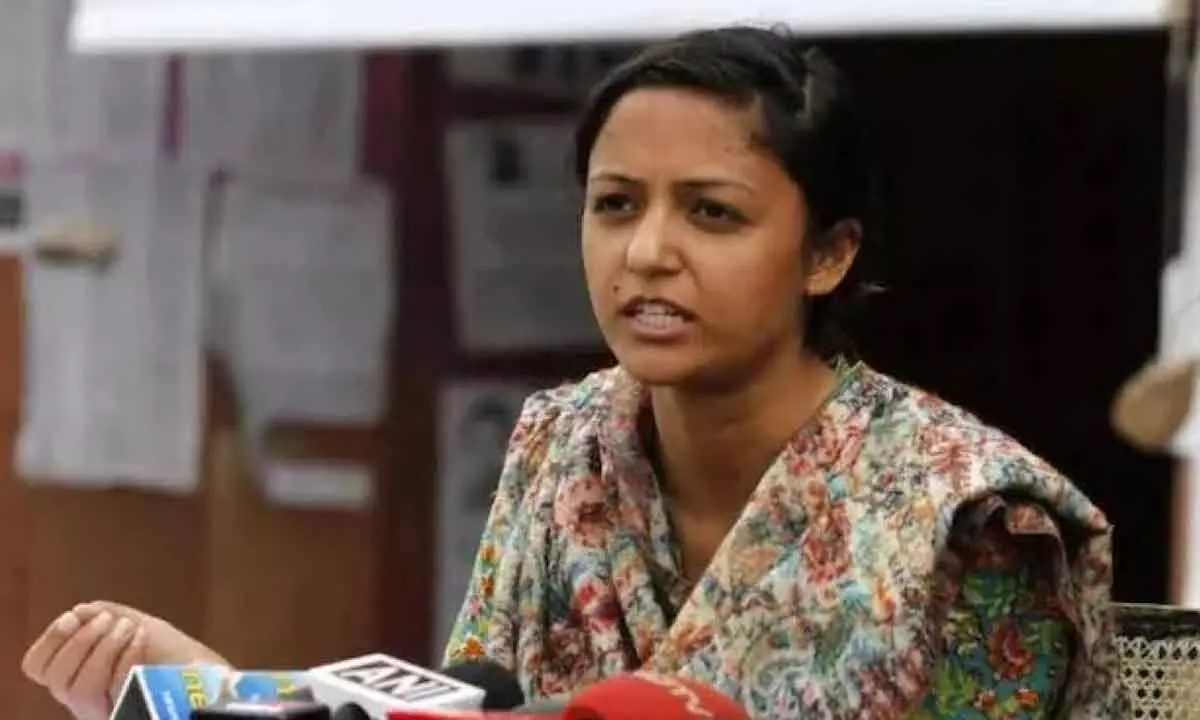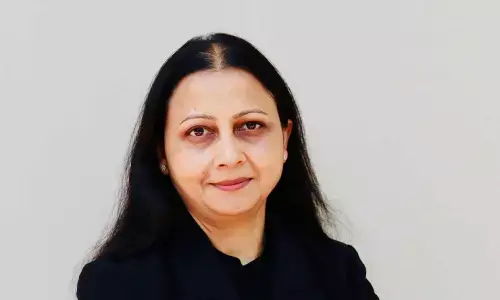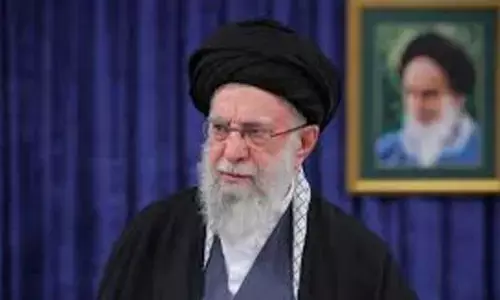Shehla Rashid's Evolving Views On Kashmir: From Sympathy For Stone Pelters To Acknowledging Political Changes

- Former JNU student leader, Shehla Rashid, reflects on her past sympathy for stone pelters in Kashmir, asserting that the region is distinct from Gaza.
- She credits Prime Minister Narendra Modi and Home Minister Amit Shah for initiating bloodless political solutions.
Former Jawaharlal Nehru University (JNU) student leader, Shehla Rashid, asserted on Tuesday that Kashmir differs significantly from Gaza. During an interview with news agency ANI, Rashid addressed her previous sympathy for stone pelters, admitting to it in 2010. However, she expressed gratitude for the current situation, emphasizing that Kashmir, unlike Gaza, has been engaged in periodic protests and occasional incidents of insurgency and infiltrations.
Rashid attributed the transformations in Jammu and Kashmir to the policies of Prime Minister Narendra Modi and Union Home Minister Amit Shah. She credited the present government, particularly the Prime Minister and the Home Minister, for breaking the ice and facilitating a bloodless political solution to the region's challenges.
This marks a shift in Rashid's stance, as earlier this year in August, she, known for her criticism of the Modi government's decision to revoke Jammu and Kashmir's autonomous status in 2019, commended the efforts of the Narendra Modi-led government and the Lieutenant Governor of Jammu and Kashmir. She praised them for their endeavors to improve the human rights situation in the Valley.
Reflecting on her experiences at JNU, Rashid discussed the aftermath of the arrests of former research scholar Umar Khalid and then JNU Student Union president, Kanhaiya Kumar, on charges of sedition and criminal conspiracy related to the northeast Delhi riots. She described it as a life-changing event not only for the individuals involved but for the entire university, facing severe repercussions and a negative perception shift overnight. Despite the controversies, Rashid clarified that slogans like 'Bharat Tere Tukde Honge' and 'Laal Salam' had never been raised at JNU.
The arrests of Umar Khalid and Kanhaiya Kumar nearly two years ago in connection with the northeast Delhi riots, which caused widespread violence and destruction, continue to have legal ramifications. Umar Khalid faces charges under the stringent Unlawful Activities (Prevention) Act (UAPA) for his alleged role in the incident.











